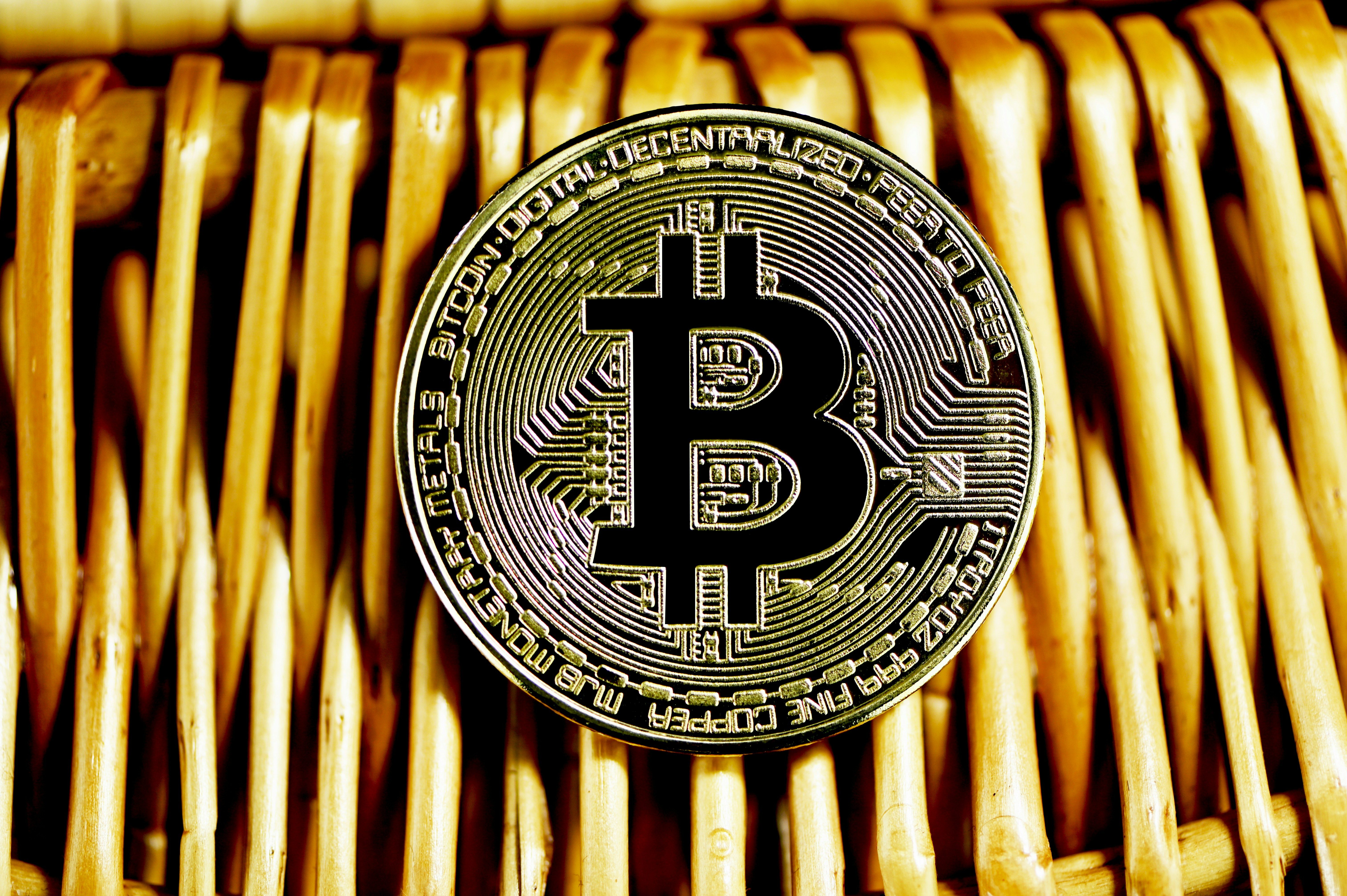Key Takeaways
- Identity Verification: Proof of Address is a standard KYC step to confirm your physical residence.
- Regulatory Compliance: It's required by financial regulations to combat fraud and money laundering.
- Accepted Documents: Typically requires a utility bill or bank statement less than 3 months old.
What is Proof of Address?
Proof of Address, or PoA, is a verification process used to confirm your physical residence. It is a standard component of Know Your Customer (KYC) procedures required by financial institutions, including cryptocurrency exchanges. This is not a feature of the Bitcoin network itself, but a regulatory requirement designed to combat fraud and comply with Anti-Money Laundering (AML) laws.
To complete PoA, you typically submit a document like a utility bill or bank statement that is less than 90 days old. For example, to buy over $10,000 in BTC or withdraw funds from an exchange, you must complete this step. It is a fundamental requirement for interacting with the regulated financial system, connecting your real-world identity to your digital asset activities.
Common Documents Accepted as Proof of Address
While specific requirements can differ between platforms, most institutions accept a similar range of official documents. The key is that the document must be recent, typically issued within the last three months, and clearly state your full name and current residential address. These documents serve as a reliable link between your digital identity and your physical location.
- Utility Bill: A statement for services like electricity, water, or gas.
- Bank Statement: An official document from your financial institution.
- Government Correspondence: Includes tax notices or letters from official agencies.
- Rental Agreement: A current, signed lease showing your residency.
- ID Card: A government-issued identification card that lists your address.
Why Proof of Address Matters for Banking and Crypto Compliance
Proof of Address is a critical security layer for the global financial system. It helps institutions confirm a customer's identity, a core part of Anti-Money Laundering (AML) and Counter-Terrorist Financing (CTF) regulations. This process creates a verifiable link between an individual and their financial accounts, discouraging illicit activities.
In the cryptocurrency world, PoA is the bridge to the traditional banking system. It allows exchanges to operate legally, offering services like fiat deposits and withdrawals. For crypto to integrate with the broader economy, this identity verification is a foundational requirement for trust and security.
How to Submit Proof of Address on Bitcoin Exchanges and Wallets
This is how you submit your Proof of Address on a typical crypto platform.
- Log into your account and locate the “Identity Verification” or “KYC” section, usually found in your profile or security settings.
- Choose the Proof of Address verification option from the list of required documents.
- Take a clear, high-resolution photo or scan of your chosen document, making sure all four corners are visible and the text is readable.
- Upload the file through the platform’s interface and submit it for review. Verification can take anywhere from a few minutes to several days.
Troubleshooting Rejected Proof of Address Submissions
A rejected Proof of Address submission can be frustrating, but it's usually due to a simple issue. Most platforms reject documents that don't meet their specific criteria for clarity and validity. Reviewing these common pitfalls can help you get verified quickly.
- Expired: The document is older than the typical 90-day requirement.
- Unclear: The image is blurry, cropped, or has glare obscuring information.
- Mismatched: The name or address on the document does not match your account details.
- Unsupported: The document type, like a mobile phone bill, is not accepted by the platform.
Privacy and Security Tips When Sharing Proof of Address
Sharing your Proof of Address is a necessary step, but it requires careful handling to protect your personal information. Submitting these documents exposes sensitive data, so taking security precautions is critical. Follow these tips to safeguard your privacy during the verification process.
- Secure Connection: Always submit documents over a private, trusted Wi-Fi network, not public hotspots.
- Redact: Black out non-essential data like account numbers before uploading your document.
- Verify Platform: Confirm you are on the official, encrypted website of the exchange before submitting anything.
Lightspark Grid: A New Architecture for Identity Compliance
Lightspark Grid abstracts the complexities of identity verification for global payments. While the platform does not have a specific “Proof of Address” feature, it is built for regulatory demands. Grid provides flexible onboarding for businesses, offering to manage the KYC/KYB process for non-regulated entities. For regulated partners, it allows them to handle their own compliance. This approach integrates identity verification into a modern payment architecture that operates over Bitcoin, satisfying compliance without burdening the end-user.
Commands For Money
Lightspark Grid provides the rails for programmable money, handling the necessary compliance so you can build global payment flows with simple commands. Request early access to start moving value across currencies and borders as easily as data.


